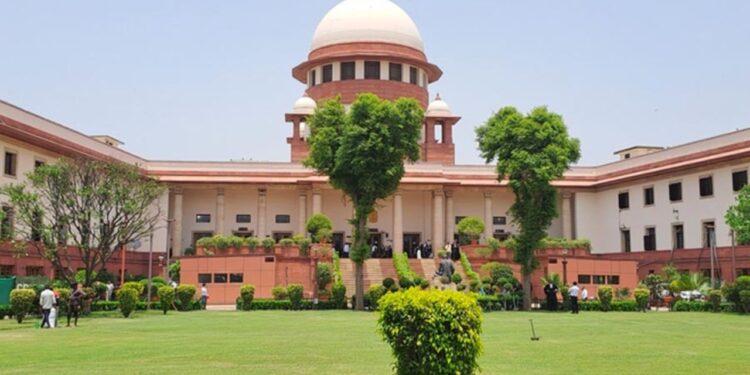Jagjit Singh Dallewal, the farmers’ leader on a hunger strike as part of protests demanding a minimum support price (MSP) for crops, might agree to receive medical assistance if the Central government shows a willingness to engage in talks with the protesting farmers. This was the statement made by the Punjab government before the Supreme Court on Tuesday.
The Bench, consisting of Justices Surya Kant and Sudhanshu Dhulia, had earlier raised concerns about Dallewal’s refusal to accept medical aid, which he believed would weaken the ongoing protests. On December 29, a team of Punjab government officials tried to persuade Dallewal to get medical help. Still, he once again declined, citing fears of being forcibly removed from the protest site.
During the latest hearing, Punjab’s Advocate General (AG), Gurminder Singh, informed the Court that the impasse could be resolved if more time was granted. He stated that efforts were made to engage with the farmers, and on the previous day, two significant developments had taken place. First, a statewide bandh was declared, leading to widespread blockages across Punjab. Second, the farmers proposed that Dallewal would be willing to receive medical aid if allowed to engage in talks with the Centre.
The Court took note of an application requesting more time before further proceedings. The Bench indicated its inclination to grant the requested time in hopes of reaching an acceptable resolution for all parties involved. Solicitor General of India Tushar Mehta did not oppose the adjournment, suggesting that the matter be listed for hearing on January 2 or 3, 2025.
Accordingly, the Court granted an extension of three days and rescheduled the hearing for January 2, 2025.
The case stems from a contempt petition filed against the Chief Secretary of Punjab for failing to comply with the Supreme Court’s December 20 order, which instructed the State to ensure Dallewal’s medical needs were addressed. Earlier, the Court had been informed that all efforts to provide medical aid had been unsuccessful due to Dallewal’s refusal.
The AG had informed the Court that other farmers were maintaining a vigil to prevent any attempts to administer medical help to Dallewal, leaving the State with limited options. In response to this, the Bench had remarked, “If State machinery says you are helpless, then do you know what is the repercussion? The court is not saying use unwanted force.”
In light of the application for more time and the submissions made by the Punjab AG, the Court today deferred the hearing to January 2, 2025.

















